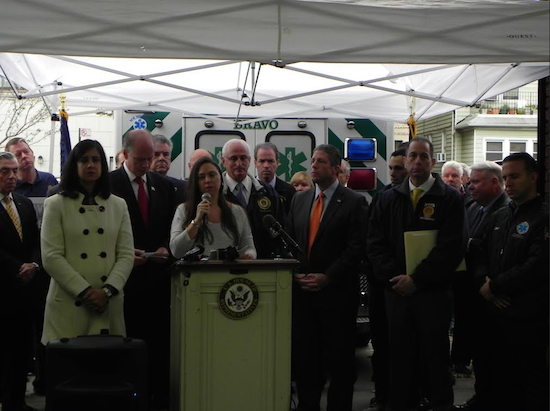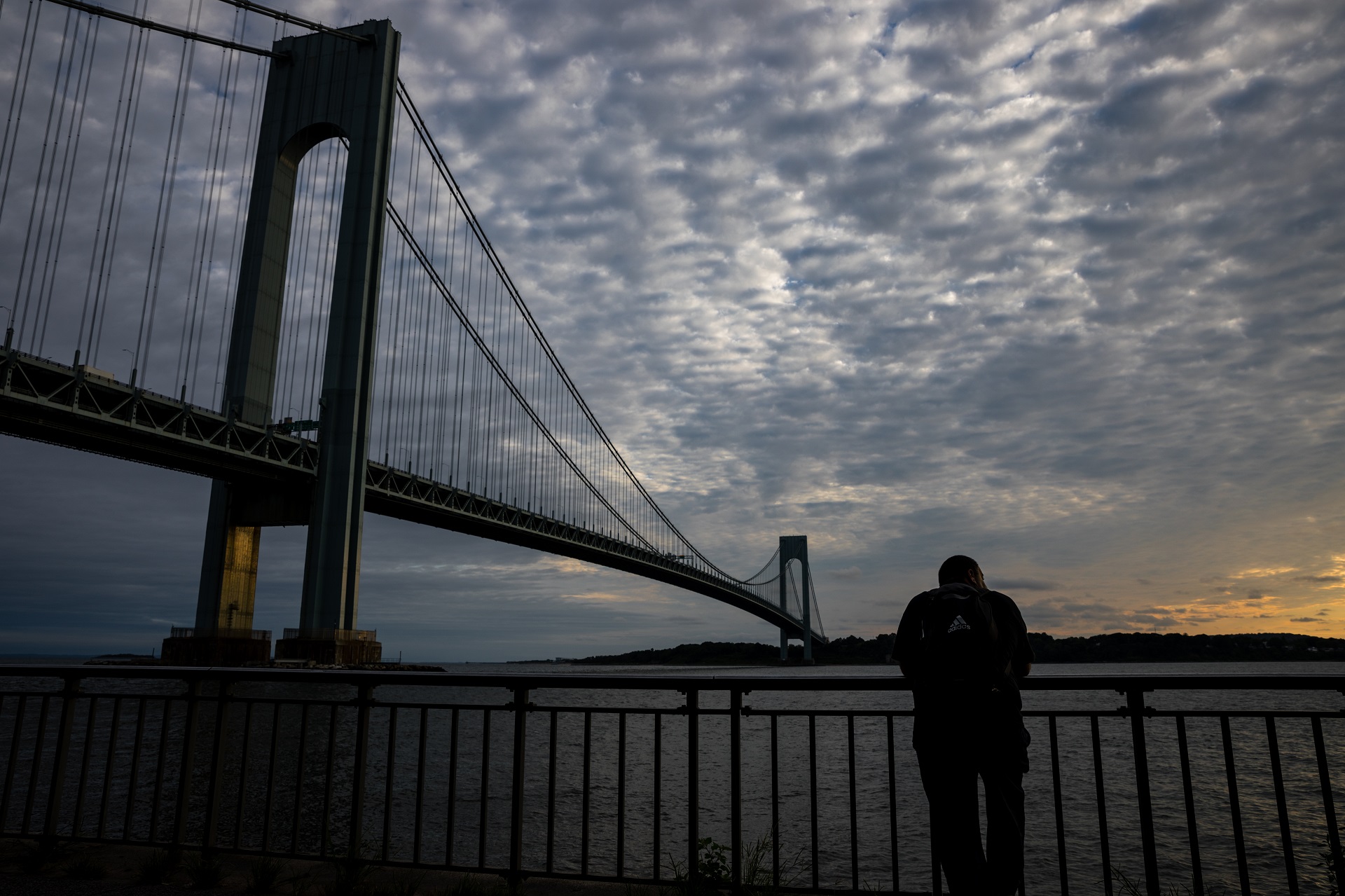Pols express relief at Zadroga Act extension

With a mixture of joy and relief, elected officials and advocates reacted to a vote by the House of Representatives to extend a federal program that provides health care for first responders who contracted cancer and other life-threatening illnesses after working at the World Trade Center site post-Sept. 11.
On Dec. 18, the House voted to extend the James Zadroga 9/11 Health and Compensation Act. The bill extends the World Trade Center Health Program, a program that the Zadroga Act created, for 75 years at a cost of $3.5 billion. The legislation also renews the Victims’ Compensation Fund for five years and pumps $4.6 billion into the fund.
The Zadroga Act, named after James Zadroga, an NYPD officer who died of a respiratory illness in 2006, was first passed in 2010 with funding set to last for five years. The law expired on Oct. 1, leaving lawmakers scrambling to get it reauthorized.
